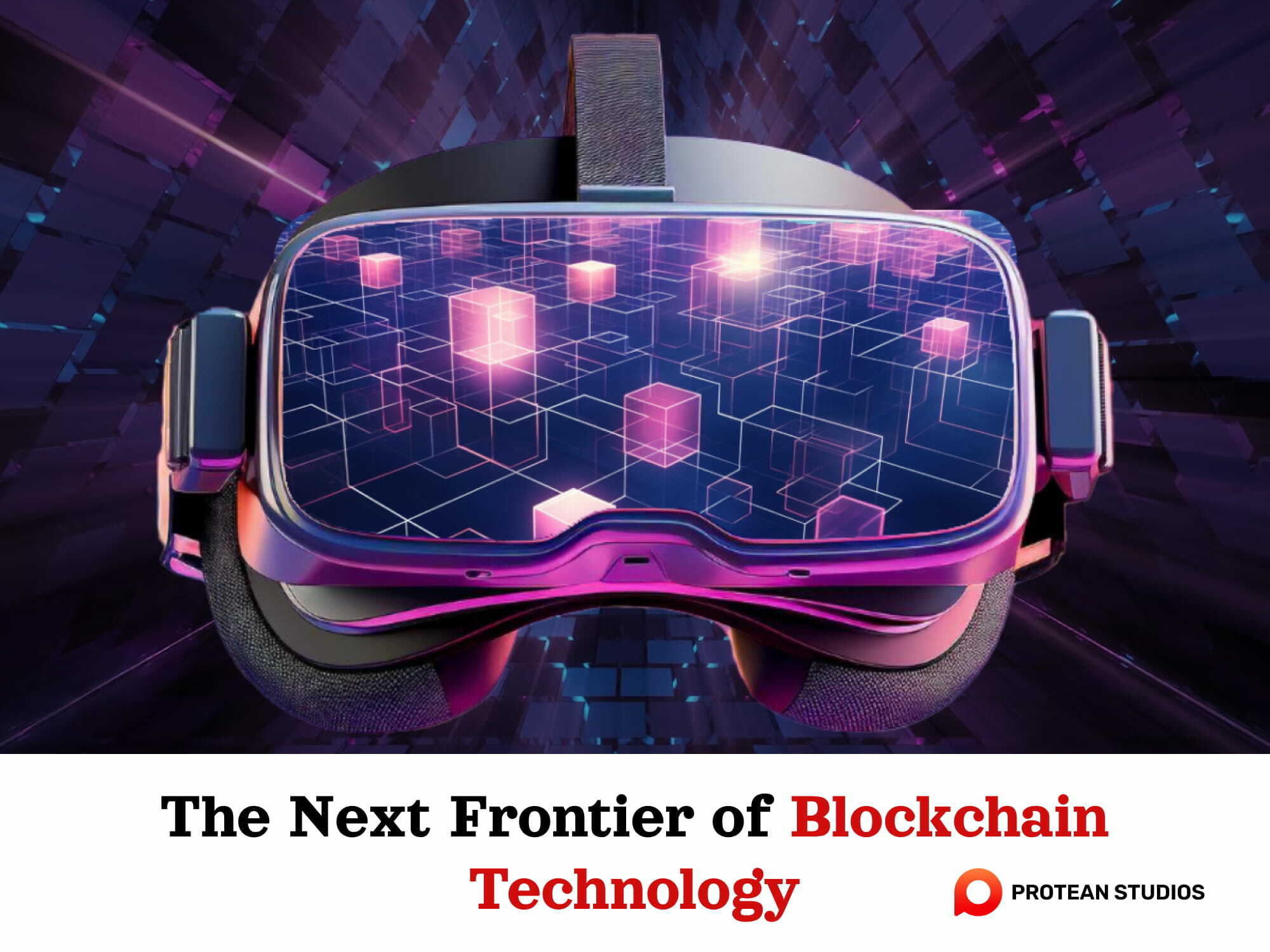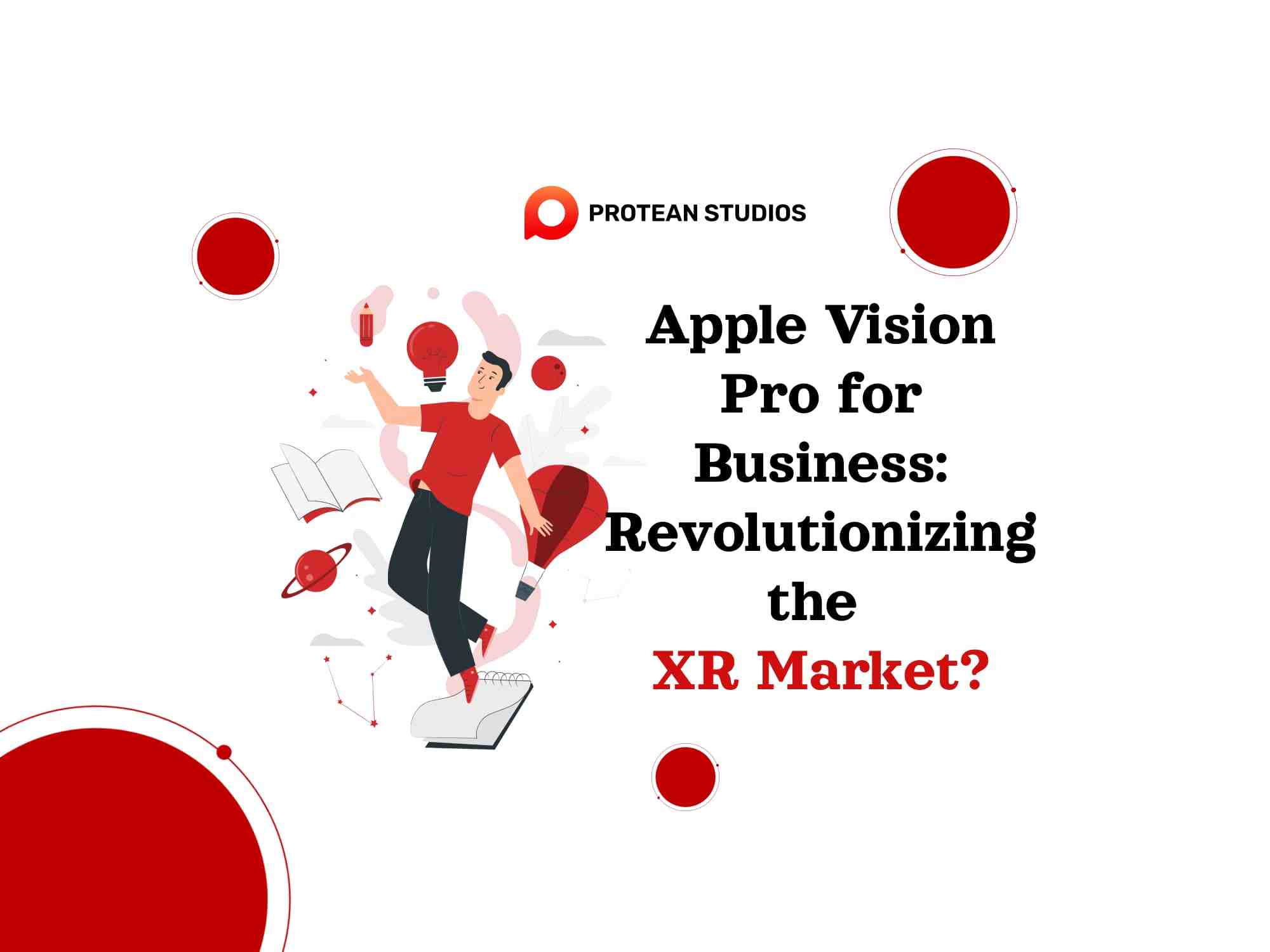In the digital age, personalized marketing has become a core value of business strategy. It offers a pathway to connect with customers on a more intimate level. This marketing is a powerful tool that can enhance customer engagement and conversions. Because it helps marketers meet the individual needs and preferences of their customers. It's about creating a unique experience for each customer, making them feel valued and understood.
The Importance of Personalizing Marketing
Personalized marketing is essential because it addresses the customer's desire for relevance. In a world where generic advertisements bombard consumers, personalized marketing cuts through the noise by delivering content that resonates with the individual.
When brands execute personalized marketing, it makes customers feel like the brand crafted the message just for them, creating a one-to-one connection. Brands like Netflix, Amazon, and YouTube use personalization by using algorithms to automate suggested products, shows, videos, etc. All based on user data and viewing habits. Yet, personalization extends beyond digital channels. It plays a crucial role in customer engagement and loyalty.
A study revealed that 71% of consumers expect companies to deliver personalized interactions, and 76% get frustrated when this doesn't happen. This expectation has set a new standard for businesses to not only reach their audience but to connect with them.
Read more: Getting Started With Personalized Marketing
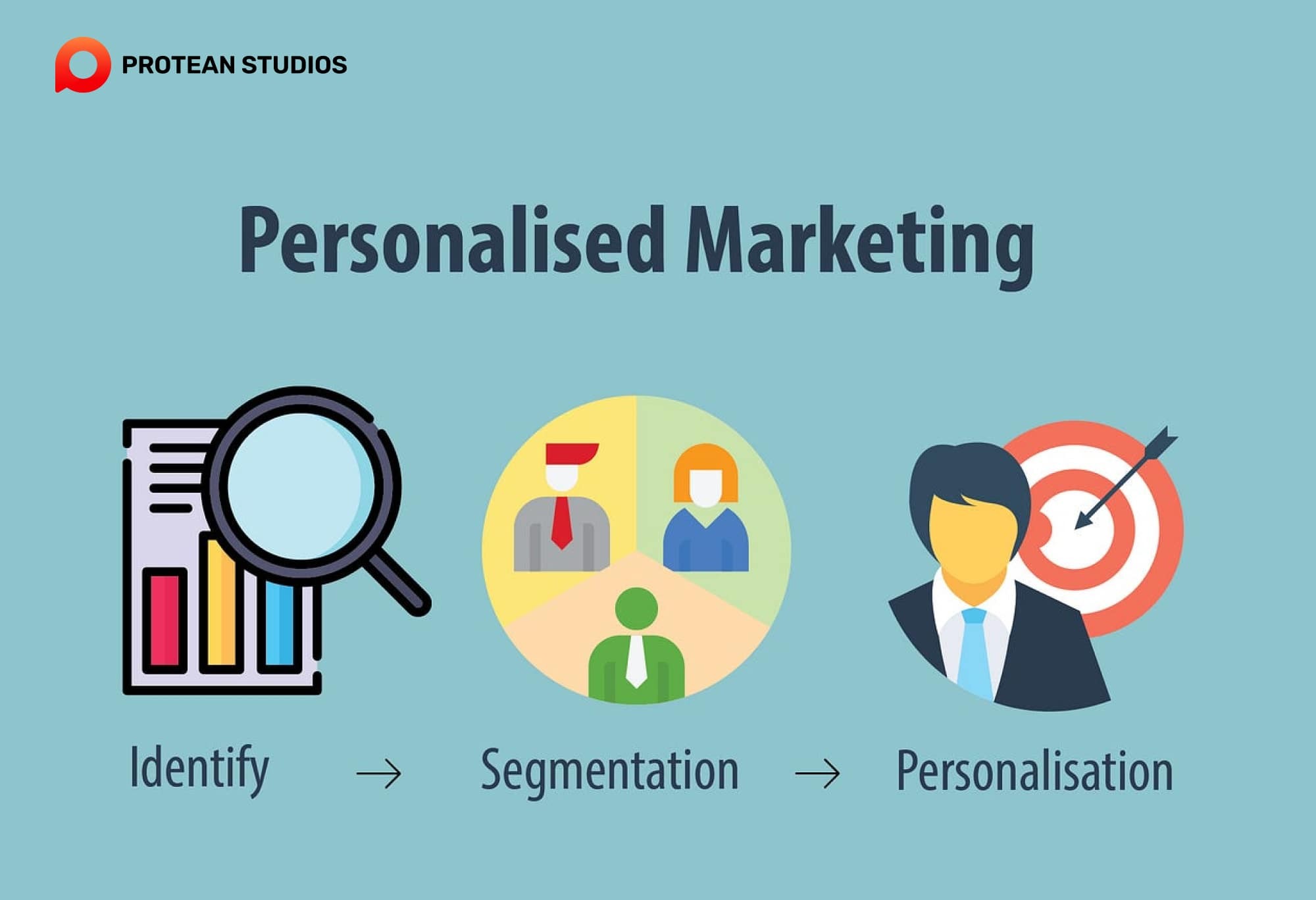
Seven Strategies for Effective Personalization
In the digital age, personalization is not just a trend; it's a marketing imperative. Here are seven strategies to personalize your marketing efforts and create a more engaging experience for your customers.
1. Developing Buyer Personas
To get started, you need to create a detailed picture of your typical customer, which we call a buyer persona or customer avatar. This profile represents the people you're trying to reach with your products or services.
You can use free templates to help you build this persona. Think about giving your avatar a name, job, age, and other details to make it realistic. This stage is essential for customizing your marketing efforts.
When you're writing content for your website or making improvements to your product, try to imagine how your buyer persona would react. This helps you tailor your approach to better suit their needs. Having a clear idea of your buyer in mind will change the way you market your products. Your marketing will become more engaging and relevant to your audience.
2. Segmentation of Email Lists to Enhance Personalization
All subscribers aren't identical. Segmenting your email lists allows you to target specific groups of customers with personalized messages that address their unique needs. This could involve segmenting by demographics, sales history, browsing behavior, or interests. By sending targeted emails, you'll increase engagement and conversion rates.
3. Crafting personalized email
The subject line is often the first impression your email makes when doing personalized marketing. Ignore generic subject lines. Instead, use the power of personalization such as a subscriber's name, reference past purchases. And then, highlight a specific interest to grab their attention and entice them to open your email.
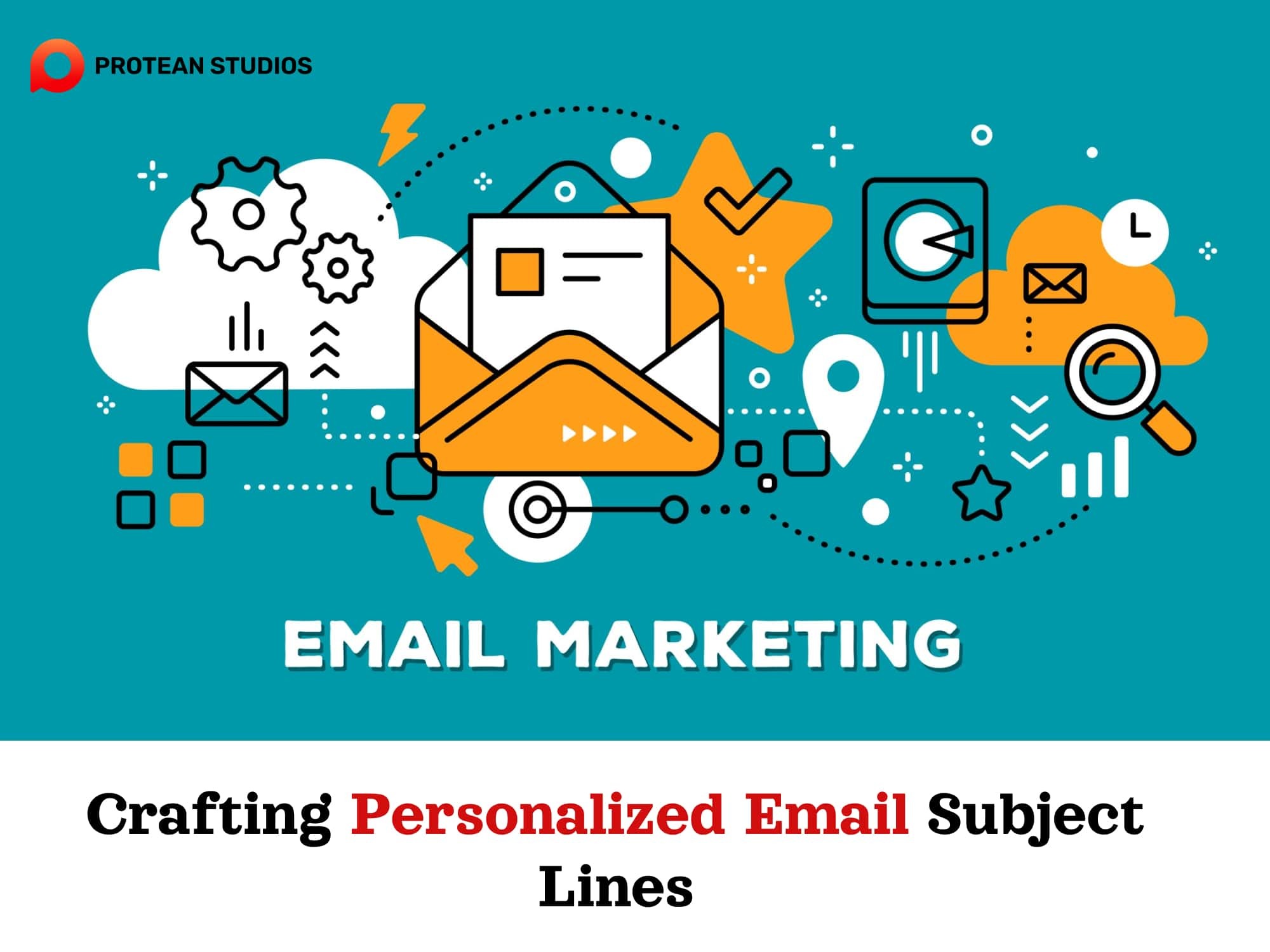
4. Seeking customer input to tailor offerings
You already know that having data is key to dividing your audience into segments and creating personalized content.
Most businesses have access to data through various tools, such as analytical tools such as Google Analytics, email marketing reports, SEO platforms, social media analytics tools, advertising campaign reports, customer relationship management (CRM) tools, and others.
These data sources provide insights into who your customers are and what they're interested in. With SEO tools and analytics, you can understand the keywords people use to find your website, the questions they have, the devices they use, and more.
5. Leveraging AI
Artificial intelligence revolutionizes the e-commerce landscape. AI can analyze vast amounts of customer data to personalize product recommendations, search results, and website experiences. This allows you to present each visitor with products they're more likely to be interested in, boosting sales and customer satisfaction.
Other Article: Using Chatbots To Boost Social Media Marketing
6. Adopting a Relaxed Tone in Communication
People prefer doing business with those they like. Strike a conversation and tone in your marketing communications. Avoid formal language and infuse your messaging with personality. This relaxed approach fosters a sense of connection with your audience and makes your brand more relatable.
7. Maintain Consistency Throughout Landing Pages
Personalization isn't just about emails. Ensure consistency across all touchpoints, including your landing pages. The message on your landing page should connect with the email or ad that brought the customer there. Personalize landing page content with relevant product recommendations, tailored CTAs (calls to action), and messaging that reinforces the initial offer.
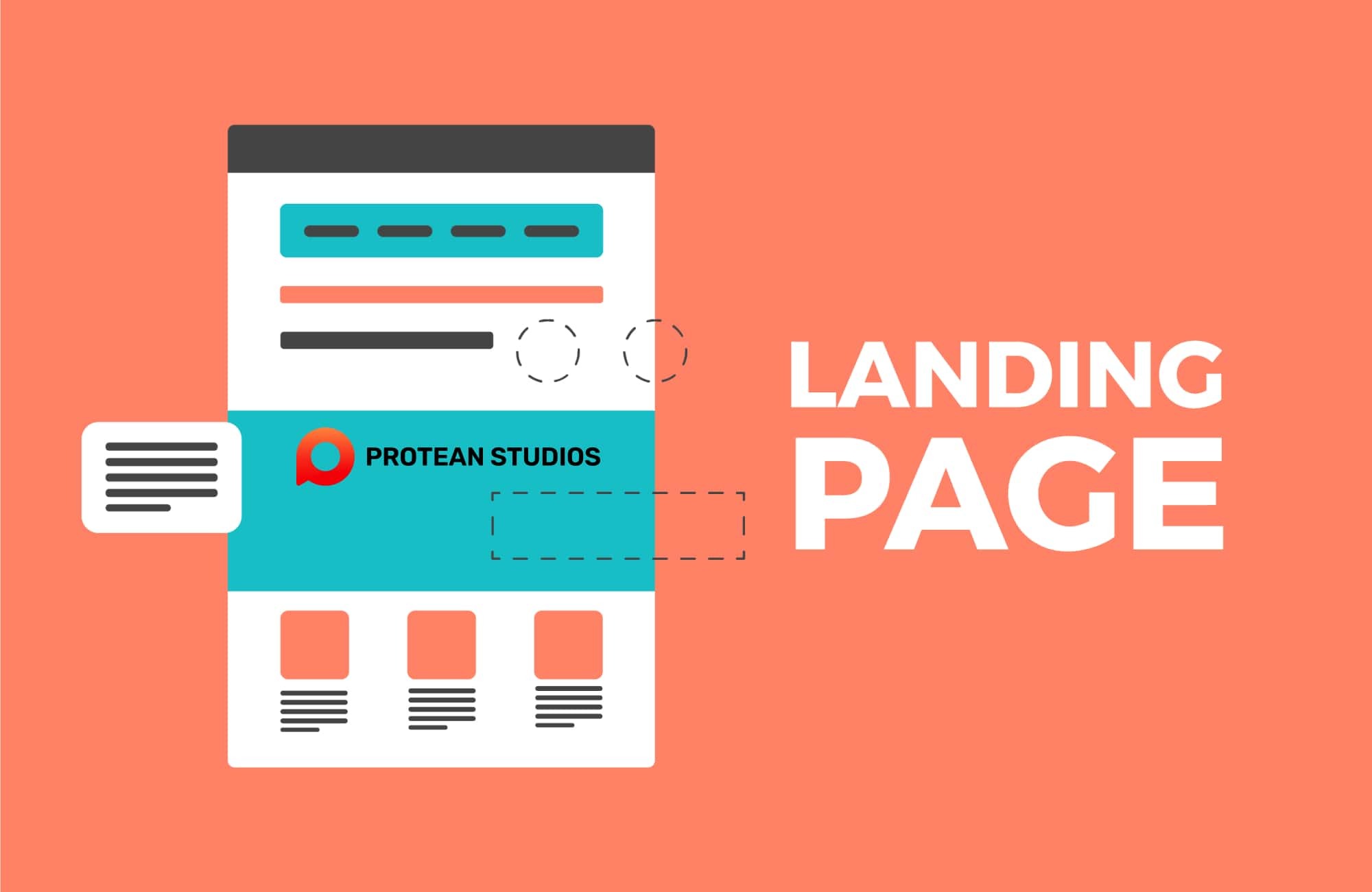
Concluding Remarks on Personalized Marketing
Personalization is the key factor that sets successful businesses apart from those that struggle. When you make personalized marketing efforts, you're placing the customer at the forefront. It influences not only your customer support service and product development but every aspect of your business, provided you're committed to implementing it.
Many seasoned marketers now assert that personalized marketing is the future of the industry, given its positive impact on campaign results. We're inclined to agree, considering the evident improvements.
At its core, personalization revolves around catering to your customers' needs first. It's beneficial to step into your customers' shoes to view things from their perspective. This approach can enhance your marketing strategy.
—--------------------------------------------
In essence, personalized marketing empowers businesses to connect with a wider range of target customers and cater to their individual needs. But how can marketers reach their audience? The answer lies in harnessing the power of modern marketing technology tools.
If you're seeking a robust tool to streamline your marketing efforts, look no further than Protean Studios. As an IT outsourcing company specializing in software development and marketing, we have the expertise to deliver the best marketing support tools to our clients.
Contact us to learn more!



